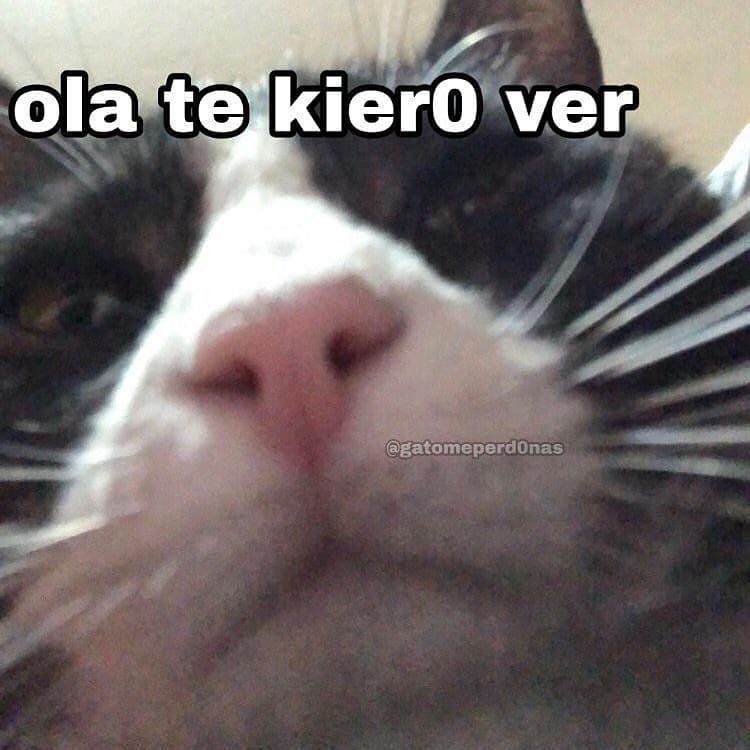Ohhhh, dear Danae, I don’t know why, but this Carolin Emcke interview reminds me of one of the greatest Blur songs, no distance left to run. Climate change is a universal phenomenon (although unequal), and it is impossible to flee from it, to avoid it, to hide from it. In what space do the climate change deniers place themselves? It has always seemed curious to me: are they sensitive souls who cannot bear to face the loss? B-list smarty-pants looking to make a few more bucks? Hopeless optimists, hollow techno-solutionists, or modern 19th-century evolutionists?
Anyhow, they have the right to be a bit stupid, like everyone else. Despite the fact that – in the name of climate change – I imagine there are already initiatives to punish the poor when they RT to Trump. By the way, I found that there is a database of public figures and organizations in the UK that are the engines of misinformation regarding climate crisis. This is so much more interesting than fact-checking projects where facts are much more important than who says it and why.
But the truth is that in this love letter to the environment and friendship, I wanted to share two texts with you. One from Eyal Weizman, whom I knew for his super interesting work on the use of drones by Israel over the Palestinian population. I came across another of his projects in which he states that climate change should not be seen as collateral damage of industrialization but as one of the inherent objectives of colonialism: the first is to conquer the land, the second is if you can live there according to the standards of the colonizer which implies a radical change in the environment.
As Weizman’s work is based on Palestine’s desert, I also thought a lot about the Chilean desert in which I grew up. You know, on that idea that the desert is no man’s land, so the law of the strongest prevails. Colonizers are mining companies, and ecological change is extractivism, toxic waste, the exploitation of scarce water resources, the displacement and extinction of species, even humans. Yesterday it was copper, today – I suppose for less time – it is the extraction of lithium to store green energy, and our computers can have endless batteries, and then technology companies congratulate themselves for being SO green, so cool.
No distance left to run.
Another excellent piece is this one by Santiago Zabala, who dismantles the annoying concept of disruption. He writes about it due to the obsession that major problems, such as COVID-19 or climate change, are going to be “solved” by disruptive innovations. Here I learned that when someone talks about disruption, you really have to read “startups using new technologies to offer cheaper, lower-quality alternatives to products sold by established players.” Zabala delves into how the Internet provides a global ideological machine to foster disruption regardless of its social consequences. It is a state of neoliberalism where indifference in the name of profit means eliminating the possibilities of solidarity. In other words, all those rich kids with their disruptions are here to be applauded. The text reminded me a lot about the Stengers piece that we already commented on here about capitalism as, also, a “systematic expropriation of what makes us capable of thinking together about the problems that concern us.”
Oh dear friend, have we spent a year writing letters to each other on Gato.Earth? I feel like life has passed by like a film.
I miss you a lot.
Paz.

Amigaaaa
Felt this instant crush with you sending me such a hit by Blur. In fact, I wanted to send you a song too, actually is a videoclip, it’s Salomé by the absolute Latino idol Chayanne.
The thing is that the other day I was with Javi watching “futuristic” videoclips in Youtube and we reached this one which is to me a representation of a Latino post-apocalyptic scenario: everything is flooded and there are some high-tech bases floating in the water while we dance the merengue pop using silver clothing (and for some reason Chayanne dressed as he’s the boy in charge of office errands). This kinda inspired me to create more posthuman narratives and aesthetics from the south. I’m sure they would be awesome.
I’m also telling you this because the infrastructure here in the first world is collapsing. This is the case of Google and their mega subterranean building that ruined the King’s Cross area in London forever. Of course the UK, in their neoliberal misery, wanted to transform KC in a “tech” neighborhood so they let Google and Facebook do whatever they wanted in the design and construction of their offices. The problem is that they didn’t anticipated that, because of the pandemic, digital companies were the first on sending their employees to work from home, so there is no one using the businesses of the area that were expecting to have all these people as their clients. Also, in the case if remote working becomes a permanent reality (as many analysts anticipate), all these infrastructure will be abandoned. I think that this story, along with those of the lethal data centers, demonstrates that digital corporations and their engagement in the displacement of people are basically creating the ruins of the future.
I also wanted to tell you that I read Being Ecological by Timothy Morton, not really my cup of tea, it is very “white sadness” as my teacher Rosi Braidotti likes to say. However, Morton makes a point that I really like when he comments on how ecological topics are addressed in an “information dump mode”, this means that we consume a plethora of data and then we inoculate in this data a (justified) dogmatism that makes us run in circles screaming “Don’t you see it?”
Morton proposes that we have to be more “experiential” with all the data we can access. For example, there is no reason to discard writing a poem about a stone we find in the river, then think about its temporalities and in all of the lifeforms that have ever interacted with that stone. That exercise would not imply an unscientific approach at all, it is simply to move the crystal through which we look at the topic of the climate emergency and stop with the anxiety produced by the massive accumulation of information. I really support this perspective, I even feel that this is what you and I have been doing, I truly love our vanguardismo and the best thing is that it is pure instinct.
Because sipo, it’s been a year on this thing of the love letters, I’m so happy about it, it is such a beautiful project la gatitoearth and in this very moment I would leave everything behind to be drinking and celebrating with you.
Kisses,
Danae.
